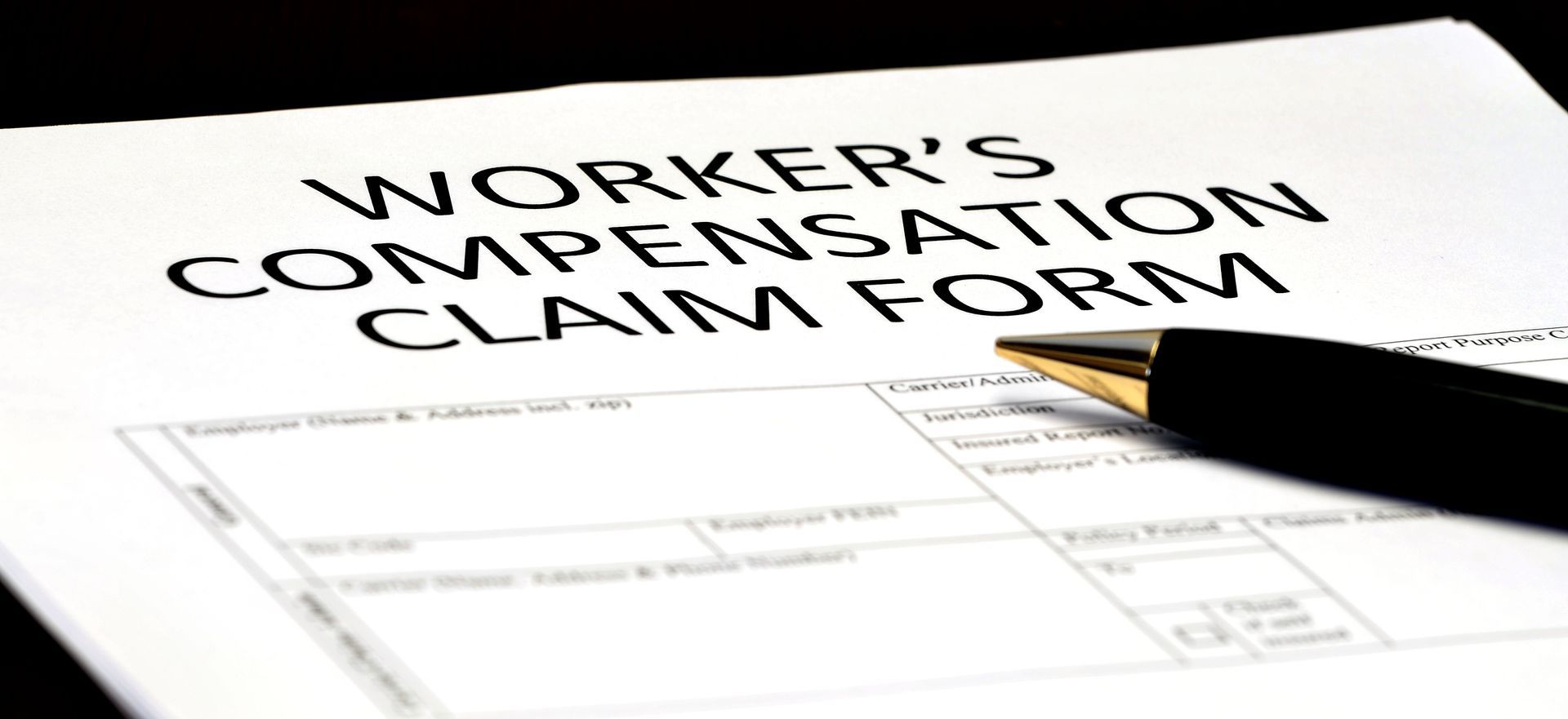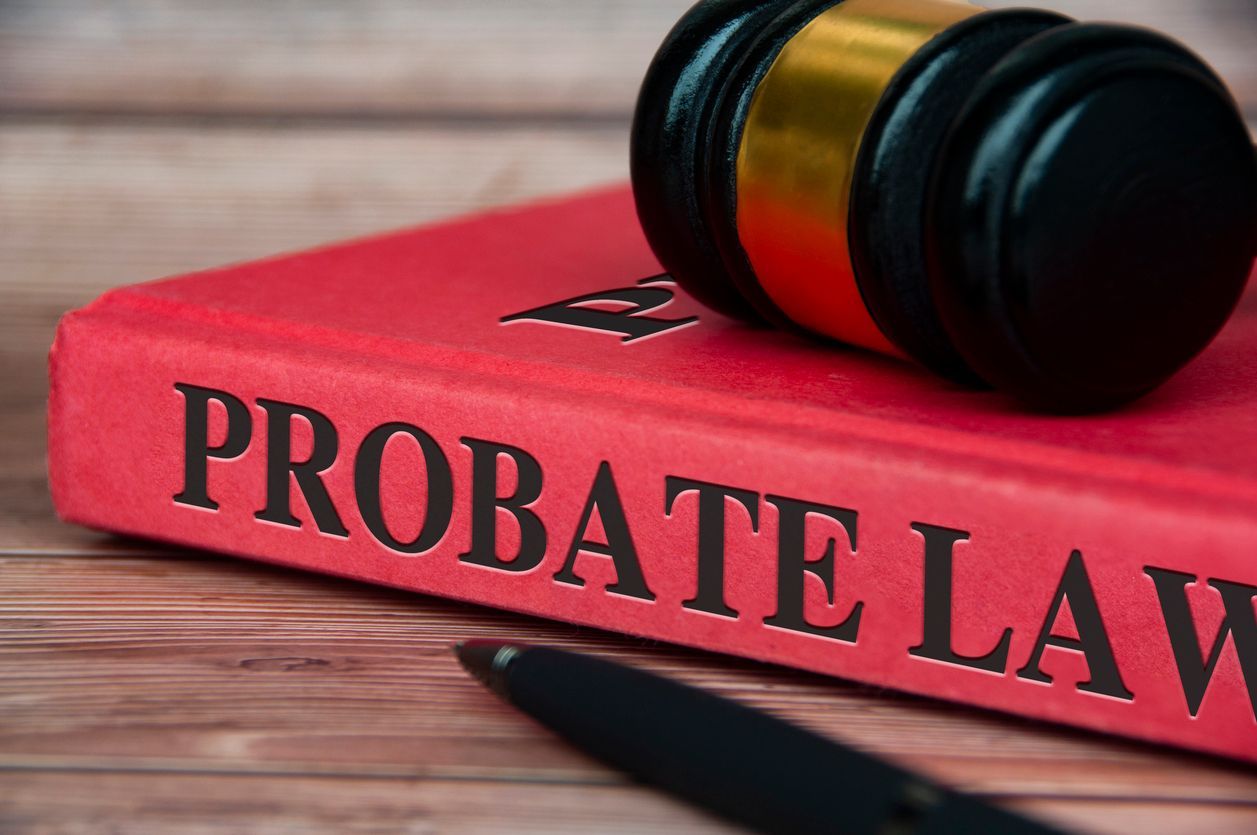What if FSD Made A Mistake On My Child Support
Finder Law Serves Clients Across Jefferson City, Columbia, and Central Missouri
If you have received a child support obligation from The Family Support Division (FSD), you may have experienced errors in your child support withdrawals or arrears calculation. Because FSD is a government agency, it can be difficult to get answers to questions you may have about your child support obligation. What if they calculate your payments and/or arrears incorrectly? What options do you have to dispute the amount? Can FSD be sued? Continue reading for more answers to this questions.
The Family Support Division (FSD) controls the centralized payment system and child support enforcement. For example, if a party is supposed to deposit a certain amount of child support every month into the payment system to disburse to the party receiving support and the amount runs a deficit, that deficit could trigger an enforcement action. That could lead to a wage withholding or attachment to another asset, such as wage garnishments or full or partial interception of your tax refund.
What if FSD made a mistake? Normally, the system imposes a burden of proof on the party paying support to bring any errors to the attention of FSD. But how can a party know when FSD makes a mistake until they bring an enforcement action? Technically, a party could go online and check to see if every payment was recorded correctly. However, that presupposed that FSD keeps accurate records.
If FSD does make a mistake and files an enforcement action, the party paying support will be notified of a potential error. That party will go over his or her own payment records and see if the mistake can be identified. However, to prove all of this, the party paying support may have to retain an attorney and request an administrative hearing. Many people do not realize the time-sensitive nature of these proceedings and miss deadlines, making the enforcement order active and allowing a garnishment to begin. Also, some people may not take these orders seriously enough or not have funds to retain an attorney.
This process seems heavy-handed and prejudiced against the payor. The case of Kohrs v. FSD, shows how unfair this can become. In this case, the parties divorced, and the court ordered mother to pay support to father. Seven years later, the parties agreed that the child would now live with mother. However, mother did not return to court to request a modification of her child support. Instead, mother sought relief through an administrative request with FSD. FSD responded by entering an administrative order requiring father pay $212.00 per month to mother. Apparently, father never paid the support and an arrearage developed. Eventually, in 2006, FSD filed an income withholding order with the Social Security Administration (SSA) to recover the support owed through father’s social security benefits. SSA went ahead and paid out all the sums owed — $4,400 – to FSD, who, in turn, paid these funds over to the mother.
But there was a problem – FSD never had authority to issue the original support order in 1999. A Missouri statute prohibits FSD from entering a new support order if an existing order – whether issued by a court or FSD – is in place. FSD did not do its homework to discover the other order. Therefore, all the support FSD claimed father owed mother was invalid. Recognizing that, father hired an attorney and tried to get his money back from FSD (mother apparently could not be located for service of process). Father filed an action for money had and received, a civil remedy similar to unjust enrichment. The trial court granted father the relief and ordered FSD pay him all the money back, but the Western District overturned this ruling, finding that because FSD never received a benefit (was never unjustly enriched), FSD could not be responsible for paying the money back. The mother was the one who was unjustly enriched – even though the only reason she was unjustly enriched was because of FSD’s mistake.
In the end, the father lost all his social security benefits that FSD had no right to take in the first place. Everyone involved in the court proceeding agreed that this happened because FSD made a huge mistake. The father had to pay an attorney to do all of this work and the father gets…no money. How is this fair?
Father served FSD for a suit against Mother. FSD was only a middleman and held the money for less than two days in a non-interest-bearing account. Father can still attempt to recover the money from mother if he can find her. But it seems wrong for FSD to get away with making a huge mistake without paying for it in some way. Since the court considered FSD nothing more than a trustee of the money, father may have a remedy for breach of trust and fiduciary duty, if FSD does not have immunity from suit.
It seems that the Legislature could do something about this situation. We entrust FSD with an important task, one that seems simple administratively in terms of money in, money out. Banks do this every day without incident and if they make a mistake, they should be responsible for it - not the innocent parent paying support.
As to the issue of Division's immunity from civil liability, RSMo § 537.600 provides for “sovereign or governmental tort immunity” as recognized at common law. (See Gavan v. Madison Memorial Hosp., 700 S.W.2d 124, 126 [Mo.App.1985]).
RSMo § 454.400.1, establishes the Division of Child Support Enforcement within the Department of Social Services and, as an entity of the State, the Division is entitled to the protection of sovereign immunity (see State ex rel. Missouri Div. of Family Serv. v. Moore, 657 S.W.2d 32, 34 [Mo.App.1983]).
It appears this application of sovereign immunity is still being upheld by the courts in recent decisions such as Harmon v. Second Judicial Circuit of the Missouri, (E.D. Mo. Mar. 31, 2022).
Finally, the best remaining cause of action appears to be breach of fiduciary duty but is an action that is still barred by sovereign immunity. What this means is that the parent being accused of owing child support money (correctly or incorrectly), has very little, if any, legal options to pursue a correction. Our legislature would be required to step in and create a process for parents to have a right to sue FSD for errors they made. Right now, FSD is effectively immune from being held responsible for mistakes.
If you have received correspondence from FSD regarding back-owed child support or incorrect withholdings, it is best to seek legal counsel. As mentioned previously, you are entitled to an administrative hearing, but there are important deadlines and requirements that must be met to request that hearing. Your attorney can ensure all rules are followed and timelines are met, as well as present evidence on your behalf. FSD is more likely to take a case seriously when an attorney is involved. However, hiring an attorney is no guarantee that the hearing would go your way; it’s simply the best option.
Daniel Finder at Finder Law, LLC has over a decade of experience in family law matters, including child support modifications. He has been involved in administrative hearings with FSD and knows how the process works. If you believe you are entitled to a child support modification or are having a disagreement with FSD regarding child support, call us today to set up a consultation.












